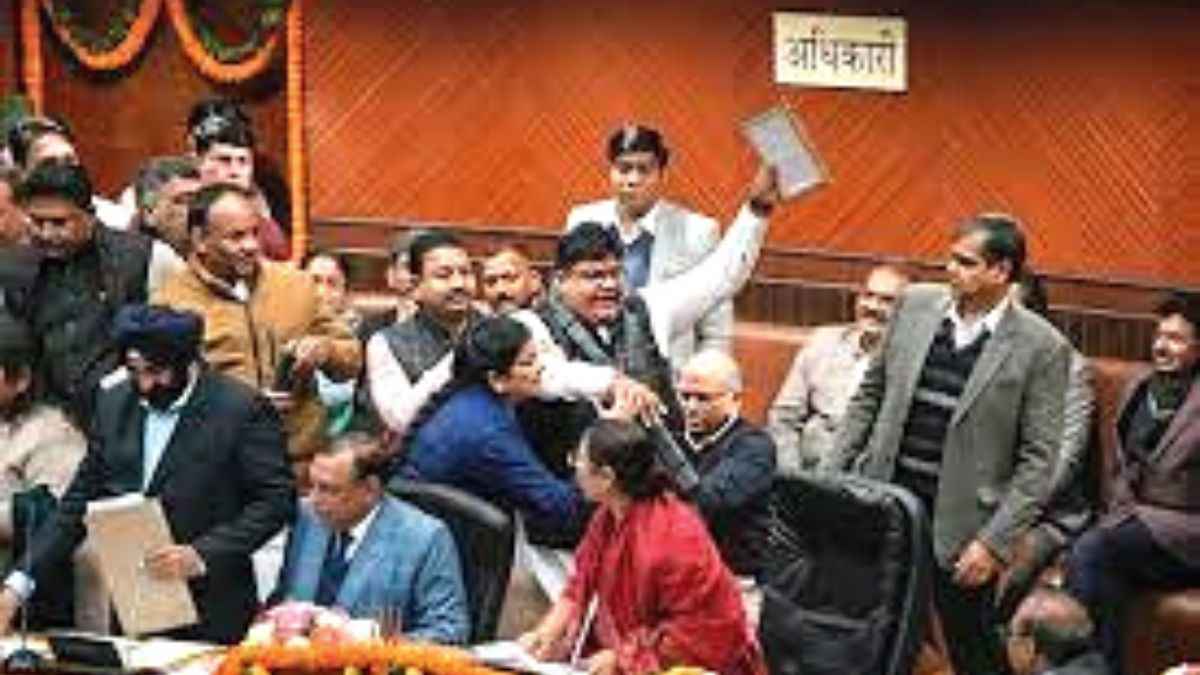
In the last municipal corporation elections, the Bharatiya Janata Party was defeated by the Aam Aadmi Party (AAP). The latter’s victory was only by a narrow margin. On January 6, the mayoral elections were held, in which the councilors did not have the right to vote. Despite this fact, councilors still play a key role and power in standing committee elections, internal district committee meetings and MCD.
Who are the councilors?
The term “councillor” refers to a member of a municipal body or municipal council with exact responsibilities depending on the place of use. The term comes from Old English.
Where did the term come from?
The word “aldermen” comes from the fusion of Old English terms for “old man” (West Saxon, eald or Anglo, ald) and “man” (mann in West Saxon, monn in Mercian/Anglo).
Here “ald” means “of ancient origin.”
The Mercian term “Aldormonn” and the West Saxon term “ealdormann” originally meant “senior members of the tribe”. Little by little, the term was used for the king’s viceroys. Note that in this era, the age of the viceroy did not matter. Later, the word began to be used to refer to the “chief magistrate of a country.” The chief magistrate had many duties, both military and civic.
Over time, the term began to be associated with guilds and leaders. Later, around the 12th century AD, guilds began to associate with municipal governments. At this time, the term regidores began to refer to the officials of the municipal body. Until now the term is used in the same sense.
Different roles of councilors in different parts of the world: a dive into history!
The term “councillors” is widely used to designate officials of the municipal body. However, councilors around the world perform different functions.
Before the 19th century, the definition and functions of an alderman were ambiguous in Britain. However, in the Municipal Reform Law of 1835, the councilors and councilors made up the municipality. Councilors would be elected by the council for a term of 6 years. Note that here, the electorate did not elect the councillors, and the council that elected the councilors also included the outgoing councillors.
The long 6-year term of a councilor gave the losing party the opportunity to regain control by selecting the councillors.
The Local Government Act 1971
The law put an end to councilors having the right to vote. The law came into force in 1974. London councils and the Greater London Council were an exception to this, as the law came into force there in 1978.
Speaking of the United States, the councilor could have been a member of the local judicial government or the legislative branch, depending on the jurisdiction. The legislative and executive body of countless towns and cities in the United States is governed by a “board of aldermen.”
In Canada, the term was used to refer to members elected to a municipal council to represent districts. Now, what about the women who were being elected to municipal positions? Were they also called “councilmen”? No. To fix this problem, the term “councillor” was replaced with the term “councillor.” In addition, some also used the term “councilman.”
Categories: Optical Illusion
Source: ptivs2.edu.vn